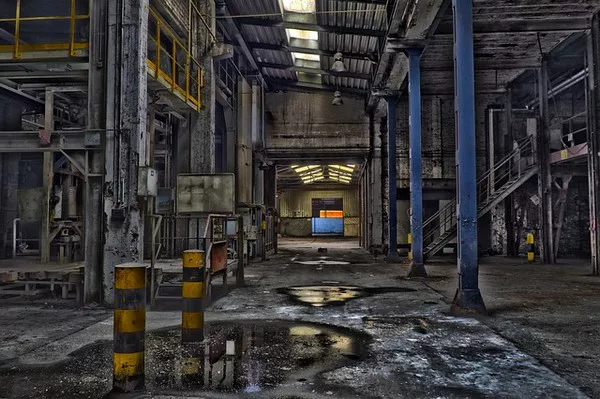Local resistance to green energy projects is hindering the transition to cleaner energy production across the U.S. As Michigan and over a dozen other states seek to bypass local restrictions and grant state authorities the power to approve or disapprove utility-scale projects, a political backlash is intensifying.
Michigan’s recent legislation empowers the Public Service Commission to site large-scale renewable energy projects. This approach is echoed by Connecticut, New York, Oregon, and Minnesota, aiming for 100% carbon-free electricity by 2040, along with Rhode Island targeting 100% renewable energy by 2033.
However, critics argue that giving states authority over large-scale projects contradicts fundamental U.S. political principles. Local officials, being closest and most directly accountable to voters, play a crucial role in land use decisions. The clash between state and local powers may escalate as more states strive to simplify the approval process for green energy projects.
The move comes as local restrictions, especially in Michigan, have derailed numerous utility-scale renewable energy initiatives, impacting the broader goal of transitioning to cleaner energy production and eliminating carbon pollution within the next two decades. The tension between state and local powers adds a layer of complexity to achieving ambitious clean energy targets.

